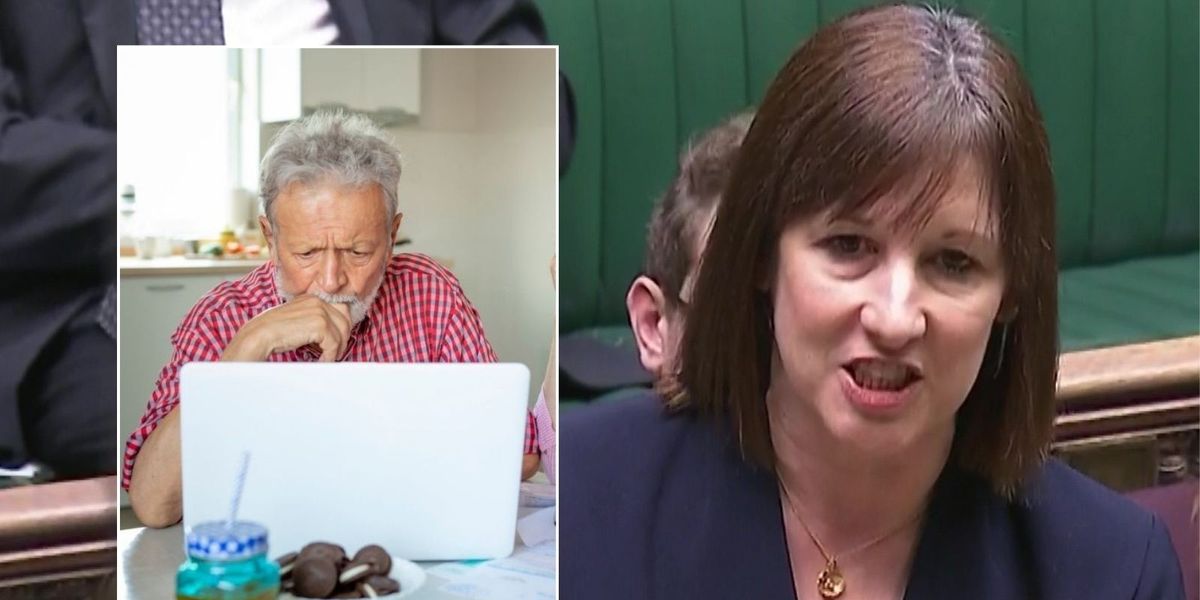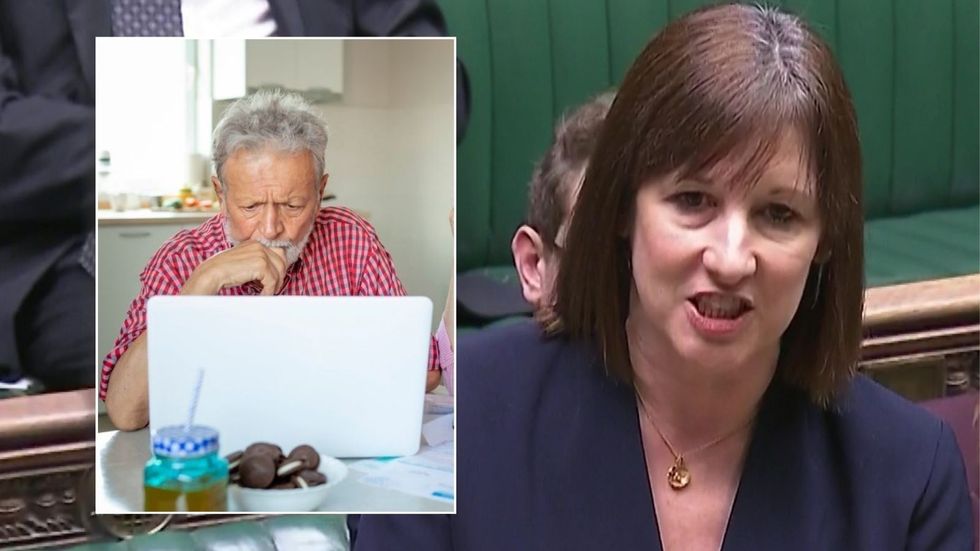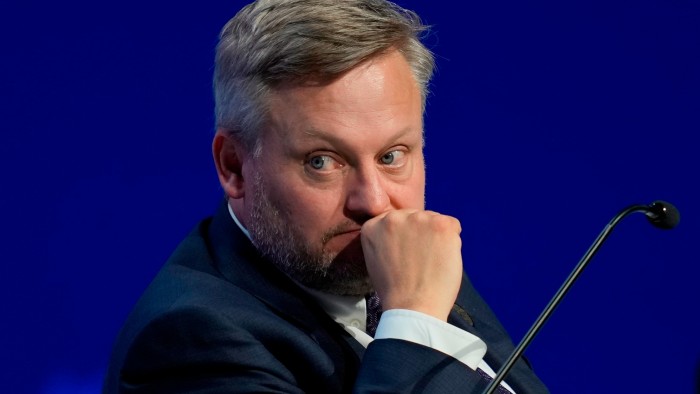Donald Trump’s inaugural address as US president this week included a eulogy to fossil fuels and the “liquid gold under our feet”. Despite BP’s large oil and gas operations and reserves in Texas and the Gulf of Mexico (or America), you have to drill deep to find gold in its finances.
The UK company now trails the other big investor-owned energy multinationals by market value: it is not only a sixth of the worth of ExxonMobil but less than half that of its old Anglo-Dutch rival Shell. It announced last week that it was cutting 4,700 jobs in a renewed effort to be “a simpler, more focused, higher value company”.
But BP has made a lot of pronouncements about its future over the years and has a record of disappointments. It has also run through a few chief executives, the latest being Murray Auchincloss, who has just had to postpone a long-awaited strategy update for investors next month to recover from a medical procedure.
Auchincloss succeeded Bernard Looney, who was fired in 2023 amid allegations of misconduct over his past relationships with colleagues. “It is almost Shakespearean. This company is star-crossed,” reflects one BP veteran. It has certainly suffered a series of unfortunate events while trying to please investors and respond to climate change.
The worst of the setbacks was the Deepwater Horizon oil spill in 2010, which killed 11 workers, polluted the Gulf of Mexico and forced it to sell assets to meet a $65bn bill. The company took a long time to recover and arguably never has: it still has net debt of $24bn and only approved a sixth platform in the Gulf last year, in a field it first discovered in 2006.
Then came Looney’s promise five years ago that BP would reduce oil and gas output 40 per cent by 2030, and would “reimagine energy for people and our planet”. This was bolder in rhetoric than in substance and BP has been edging away from it ever since, as high interest rates put paid to its vision of being able to construct wind farms cheaply.
The kicker was Vladimir Putin’s full-scale invasion of Ukraine in 2022, which forced BP to abandon its minority stake in the Russian oil company Rosneft at a cost of $25bn. Having made a lot of money during the mid-2000s from TNK-BP, its original joint venture with a group of oligarchs, it was finally expelled. Like others, Russia took it by surprise.
But companies make their own fortunes, and BP cannot claim simply to be unlucky. The thread that runs through its recent history is its grand sense of ambition and purpose, which has outpaced its ability to put plans into practice. While ExxonMobil sticks to dealing with the world as it is, BP is prone to wishful thinking.
This reaches back to Lord John Browne, who transformed the company as CEO by acquiring Amoco and Arco in the US and striking the TNK-BP deal. He also brought an intellectual sheen to strategy, including the thinly evidenced notion that BP would go “beyond petroleum”. The slogan did not last but its legacy is that every BP leader craves a vision.
BP is not a cowboy outfit. Its operations are generally well managed, despite the Deepwater Horizon lapse, and it takes compliance seriously. But it has greater intellect than instinct (“There are a lot of clever people there,” says an observer, not meaning it wholly as praise). Another calls it “more like a state than a business”, lacking the fierce profitmaking drive of rivals.
Its pledge to decarbonise was partly prompted by social and governmental pressures following the 2016 Paris agreement to limit global warming. It also hoped to attract investment from ESG funds and benefit from a financial transition. But that failed and it did not react as swiftly as Shell in changing course. It has been stranded by poor financial results, executive upheavals and strategic indecision.
BP now confronts a world in which Trump tells oil companies to “drill, baby, drill” and withdraws the US from the Paris accord. It is meanwhile accused of greenwashing by Greenpeace for not decarbonising fast enough. If the last few years prove anything, it is that it is impossible to please both sides, especially as an energy company with its head office outside the US.
Three months before Deepwater Horizon, BP’s market value briefly overtook that of Shell but now it lags far behind. There will be many bankers wondering whether they can fix a merger or a takeover. If BP is to stay independent, it must show investors it can make things happen, rather than gazing into the future. There is such a thing as being too smart.































You must be logged in to post a comment Login